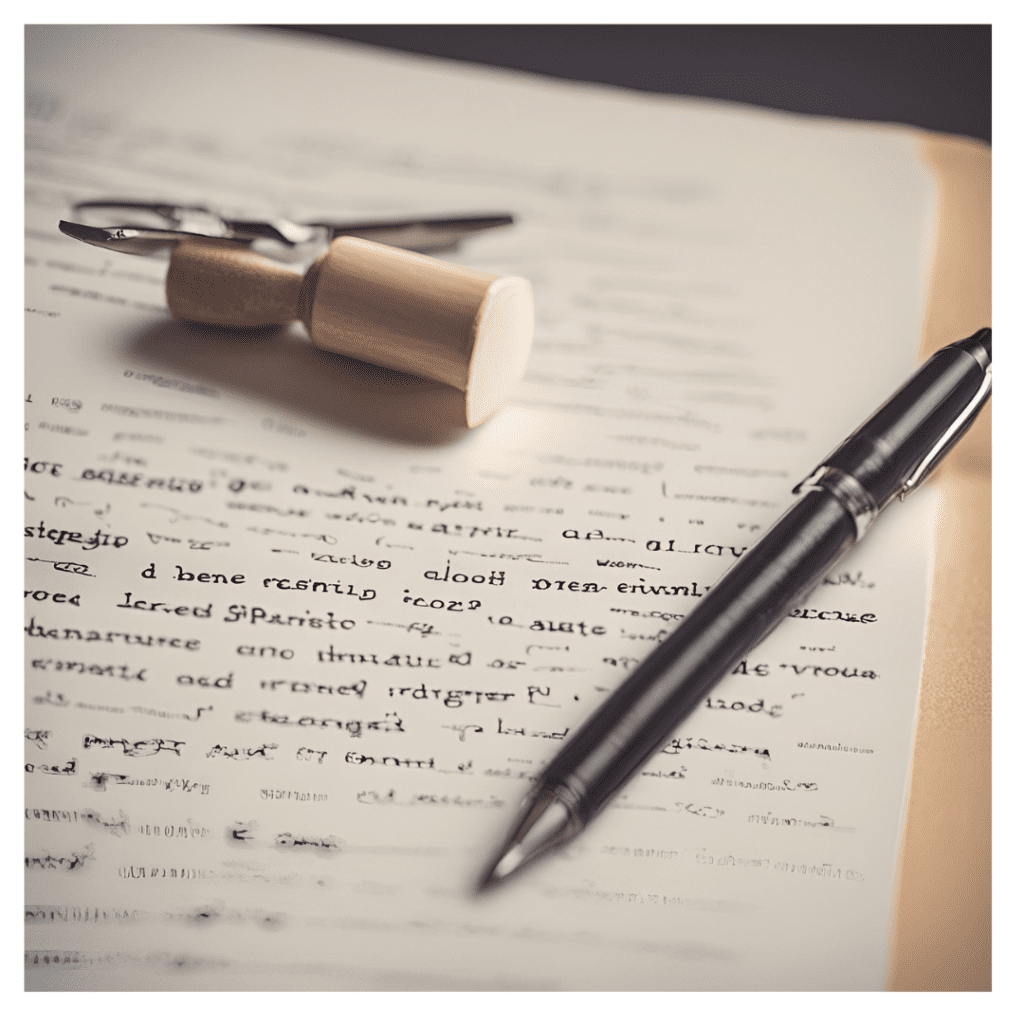Essay writing services are companies or online platforms that provide academic writing assistance to students. These services employ professional writers who can produce various types of academic papers, such as essays, research papers, dissertations, and term papers, on behalf of students.
The purpose of essay writing services is to help students who may be struggling with their assignments due to various reasons, such as time constraints, language barriers, or difficulty understanding the subject matter. These services offer a convenient solution for students to obtain high-quality academic papers within their desired deadlines.
The process of using an essay writing service typically involves the following steps:
- Placing an Order: Students visit the service's website and provide details about their assignment, including the topic, subject area, academic level, word count, and deadline.
- Writer Assignment: The essay writing service assigns a writer with relevant expertise and qualifications to work on the student's order.
- Writing Process: The assigned writer conducts research, organizes the content, and writes the paper according to the provided instructions and requirements.
- Quality Assurance: Many essay writing services have quality control measures in place, such as proofreading and plagiarism checks, to ensure the delivered paper meets academic standards.
- Delivery: Once the paper is completed, it is delivered to the student, usually through an online portal or email.
Essay writing services often claim to provide original, plagiarism-free content and guarantee confidentiality for their clients. However, the quality and reliability of these services can vary greatly, and there are concerns regarding ethical and legal implications, which will be discussed further in subsequent sections.
Reasons Students Use Essay Writing Services
Students often find themselves overwhelmed with academic demands, leading them to seek assistance from essay writing services. One of the primary reasons is the sheer volume of assignments and the pressure to maintain high grades across multiple courses. With an increasingly competitive academic environment, students may feel compelled to take on more coursework, extracurricular activities, and part-time jobs, leaving little time for essay writing.
Language barriers can also play a significant role in a student's decision to use essay writing services. For international students or those for whom the language of instruction is not their native tongue, crafting well-written and articulate essays can be a daunting task. Seeking professional help can alleviate the stress and ensure that their work meets the required academic standards.
Personal circumstances, such as family obligations, health issues, or financial constraints, can also contribute to the need for essay writing assistance. Students juggling multiple responsibilities may find it challenging to allocate sufficient time and energy to their academic assignments, leading them to seek external support.
Furthermore, some students may lack confidence in their writing abilities or struggle with specific aspects of essay writing, such as research, organization, or proper citation. In these cases, essay writing services can provide guidance and support, helping students overcome their weaknesses and improve their skills.
Tips for Choosing a Reliable Essay Writing Service
If students decide to use an essay writing service, it's crucial to exercise caution and due diligence to ensure they receive high-quality work from a reputable provider. Here are some tips and guidelines for selecting a reliable essay writing service:
- Check for Credentials and Qualifications: Look for services that employ writers with relevant academic qualifications, such as advanced degrees or expertise in specific subject areas. Verify their credentials and ensure they have a rigorous screening process for hiring writers.
- Review Samples and Testimonials: Request samples of previous work to assess the quality of writing, adherence to academic standards, and attention to detail. Read through customer testimonials and reviews to gauge the service's reputation and track record.
- Ensure Originality and Plagiarism Checks: A reliable essay writing service should have strict policies against plagiarism and provide plagiarism reports to prove the originality of the work. Ensure they use advanced plagiarism detection software and have robust quality control measures in place.
- Verify Privacy and Confidentiality Policies: Choose a service that values your privacy and maintains strict confidentiality. Review their privacy policies and ensure they do not share or sell your personal information or work to third parties.
- Evaluate Customer Support: Reliable essay writing services should offer responsive and accessible customer support channels, such as live chat, email, or phone support. Test their responsiveness and assess the quality of their customer service.
- Check for Revisions and Refund Policies: Look for services that offer revisions or refunds if the work does not meet your expectations or requirements. A reputable service should stand behind their work and be willing to make necessary revisions or provide a refund if dissatisfied.
- Consider Pricing and Payment Options: While pricing should not be the sole factor, be cautious of services that offer suspiciously low prices, as this may indicate low-quality work or unethical practices. Evaluate the pricing in relation to the quality of work and consider secure payment options.
- Read the Terms and Conditions Carefully: Before engaging with an essay writing service, thoroughly review their terms and conditions to understand your rights, responsibilities, and any potential limitations or restrictions.
Remember, while essay writing services can provide assistance, it's essential to use them responsibly and ethically, ensuring they complement your learning process rather than enabling academic dishonesty.
Conclusion and Final Thoughts
Essay writing services have become increasingly popular among students, driven by factors such as academic pressure, time constraints, and the desire for better grades. While these services can provide a convenient solution, they raise ethical and legal concerns, and their quality and reliability can vary significantly.
It's crucial to weigh the potential risks and consequences of using essay writing services, including academic integrity violations, plagiarism, and potential legal ramifications. Students should carefully consider alternatives, such as seeking help from tutors, writing centers, or developing better time management and study skills.
For those who choose to use essay writing services, it's essential to exercise caution and conduct thorough research to find reputable and trustworthy providers. Reliable services should have clear policies, qualified writers, and robust quality assurance processes.
Ultimately, the decision to use essay writing services is a personal choice, but it's essential to approach it with care and responsibility. Institutions and educators should continue to promote academic integrity, provide support resources, and implement measures to detect and discourage the use of such services.
While essay writing services may not disappear entirely, their role and impact on education may evolve as attitudes and policies shift. Continued dialogue and efforts to address the underlying issues that drive students to seek these services are crucial for maintaining the integrity and quality of education.















